
What is the Pharmacy Technician Certification? The Pharmacy Technician Certification Board (PTCB) certification is highly regarded in the pharmacy field. The PTCB is the premier certification for pharmacy technicians, and embodies a commitment to patient care and medication safety. The PTCB was established in 1995 through the collaboration of several prestigious pharmacy organizations, including the …

Movement disorders are a common adverse effect of antipsychotic medications. They can be caused by all types of antipsychotics, but are more common with the typical or classical drugs. These disorders include dystonia, akathisia, drug-induced Parkinsonism and tardive dyskinesia.
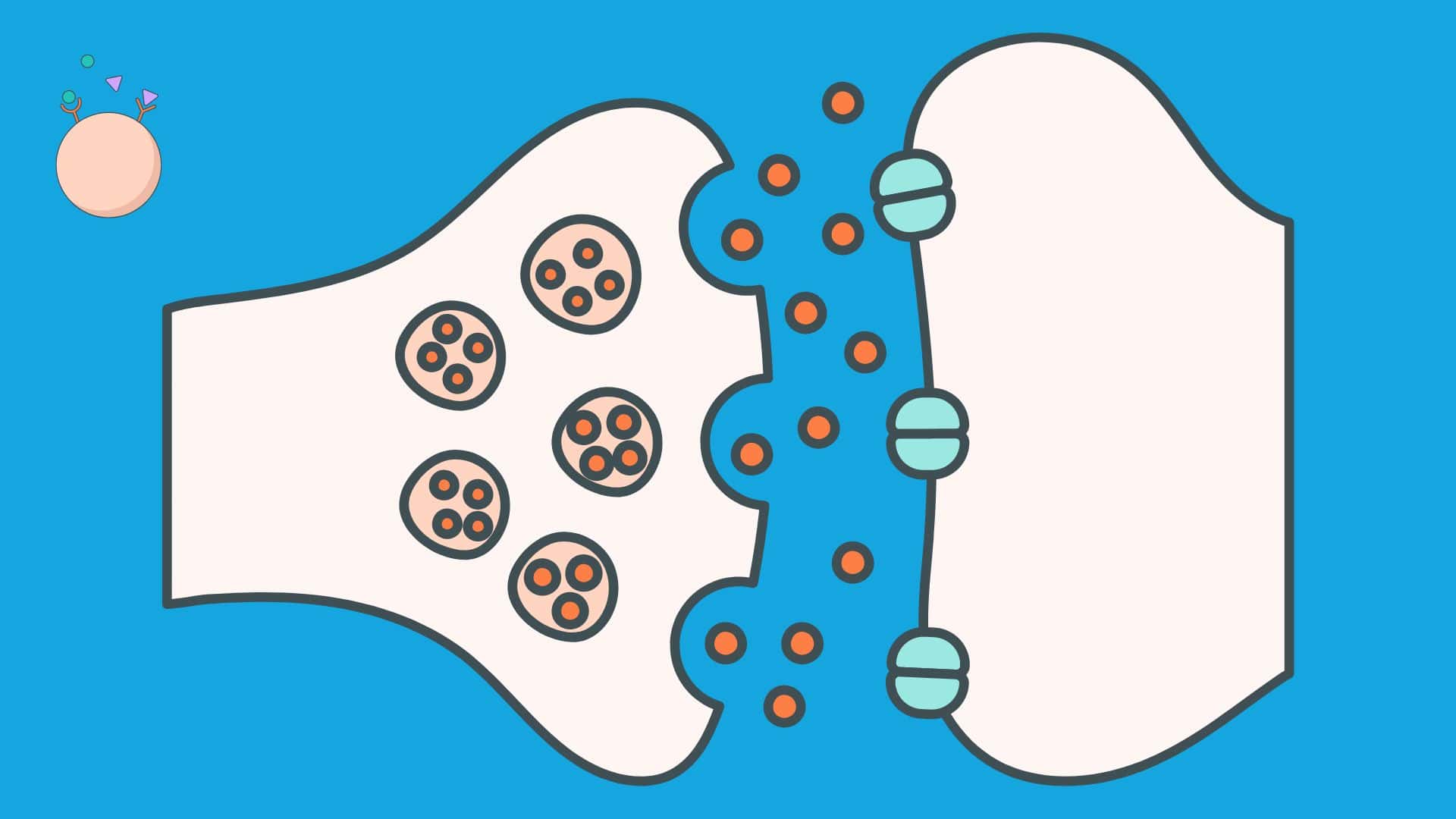
This video describes the types of receptors and their mechanism of action. Many hormones, cytokines and drugs bind to these receptors to produce various effects. Important among them is Insulin which uses a tyrosine kinase receptor. The sample USMLE question at the end of the video will help to understand application of the concept.
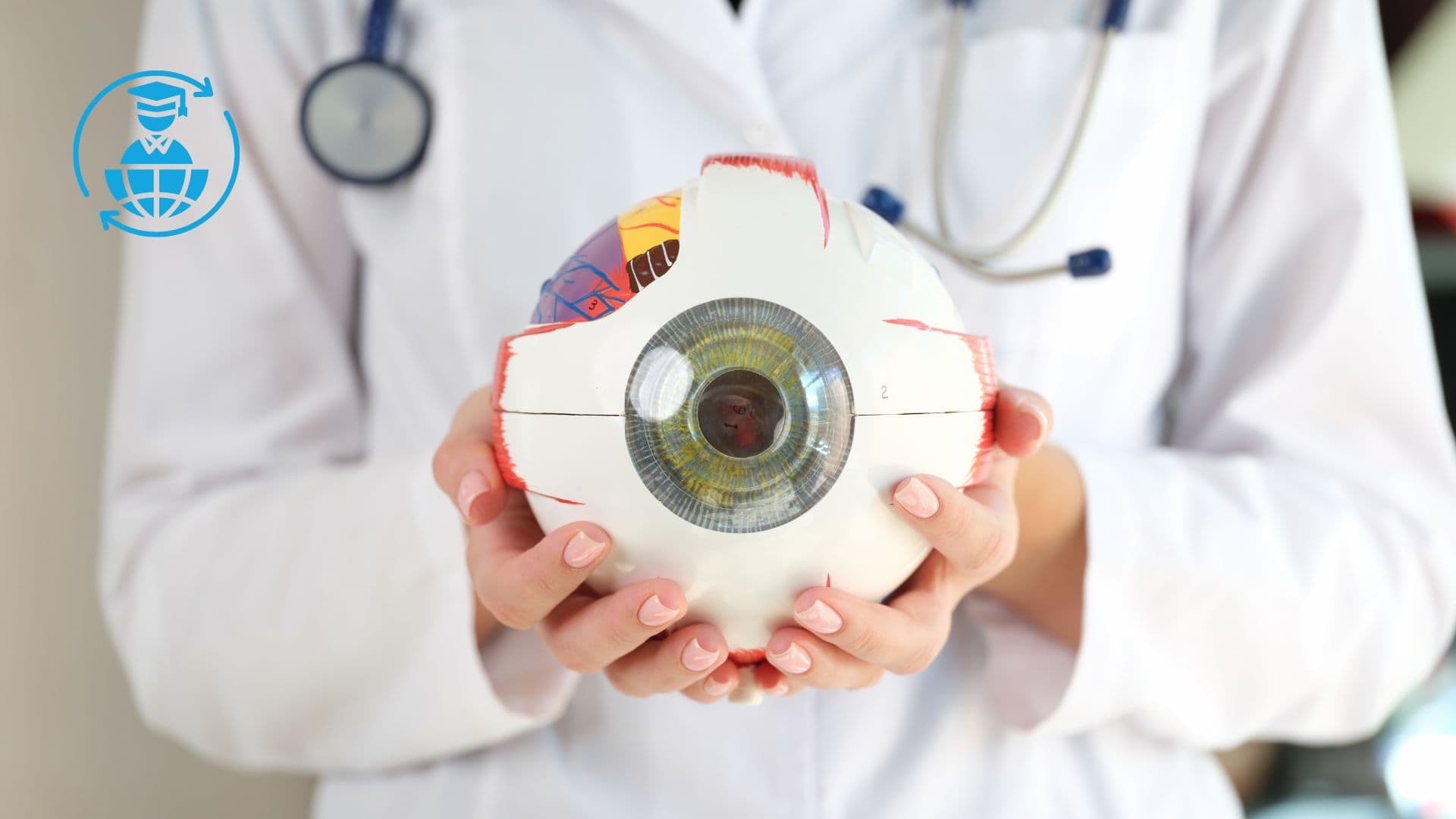
Looking to gain residency as an International Medical Graduate (IMG)? Guest author Yusuf Sheikh shares his experience getting into an ophthalmology program at Weill Cornell Medical School.
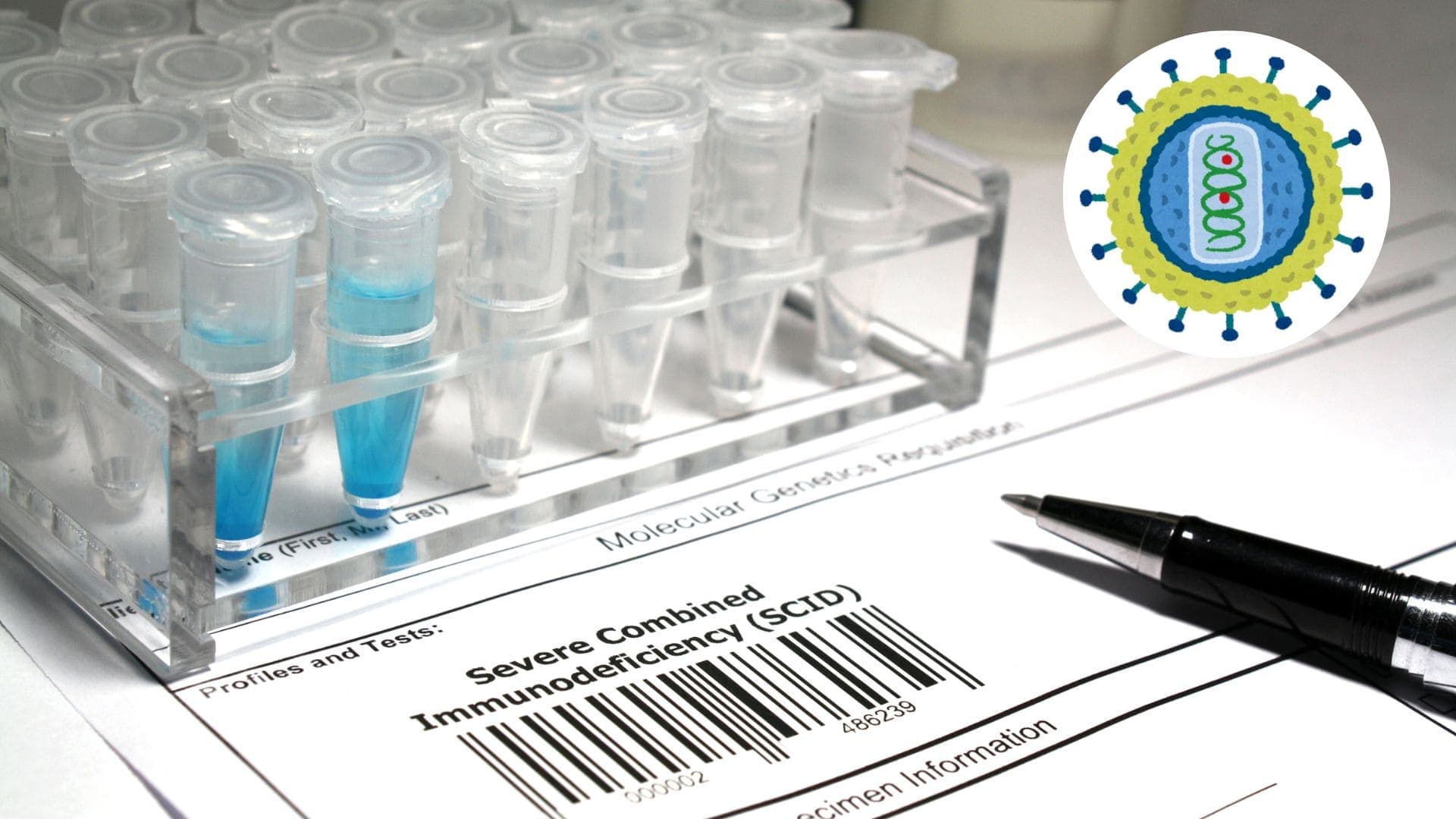
Immunodeficiency disorders can be due to defects in T cells, B cells, phagocytes, complement or combined. They cause recurrent pyogenic, viral and fungal infections. Some of them predispose to autoimmune disorders and cancers.
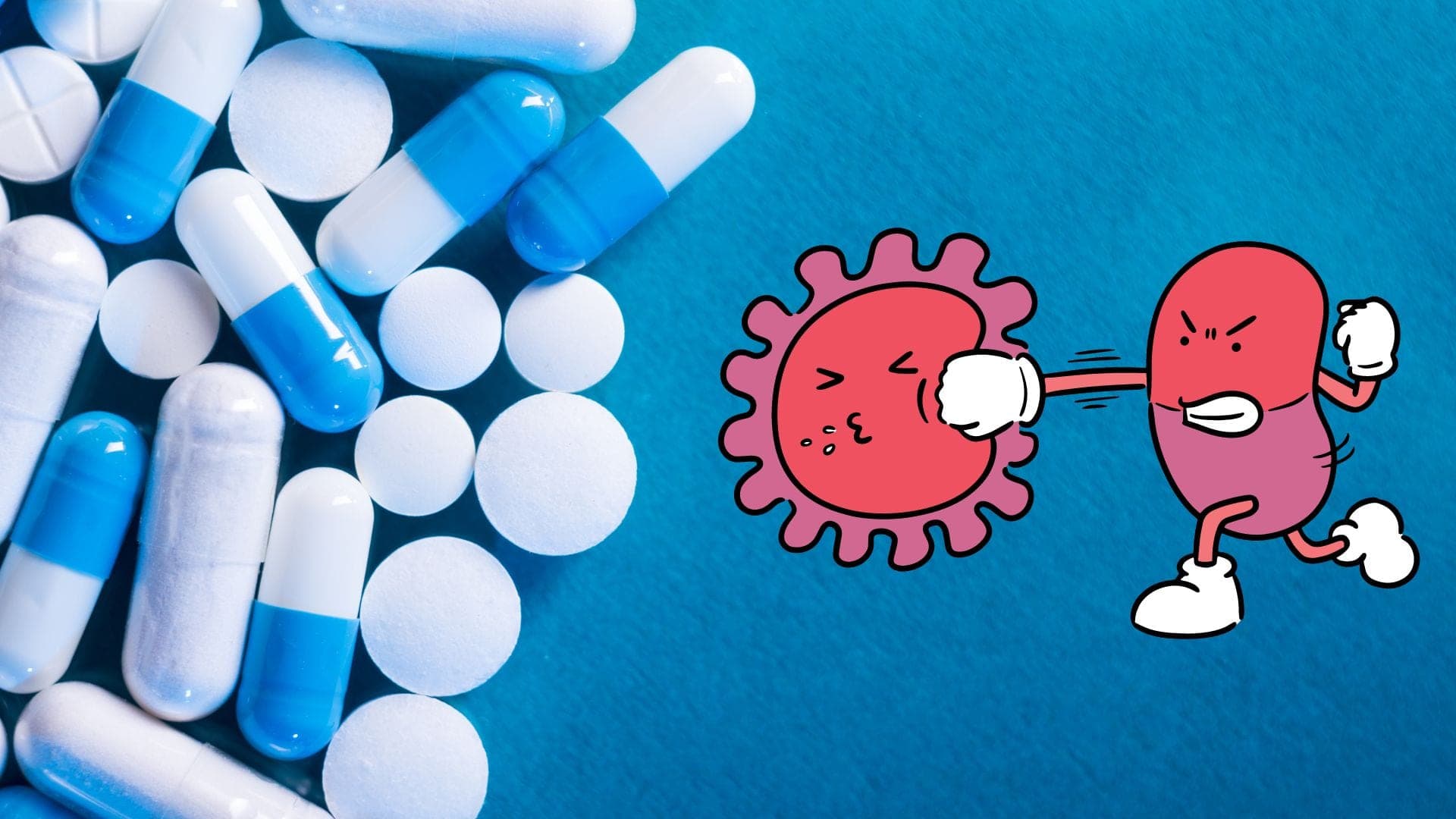
Antibiotics may be bacteriostatic or bactericidal. They can be classified according to their mechanism of action. This video describes the mechanism of action of currently used antibiotics.
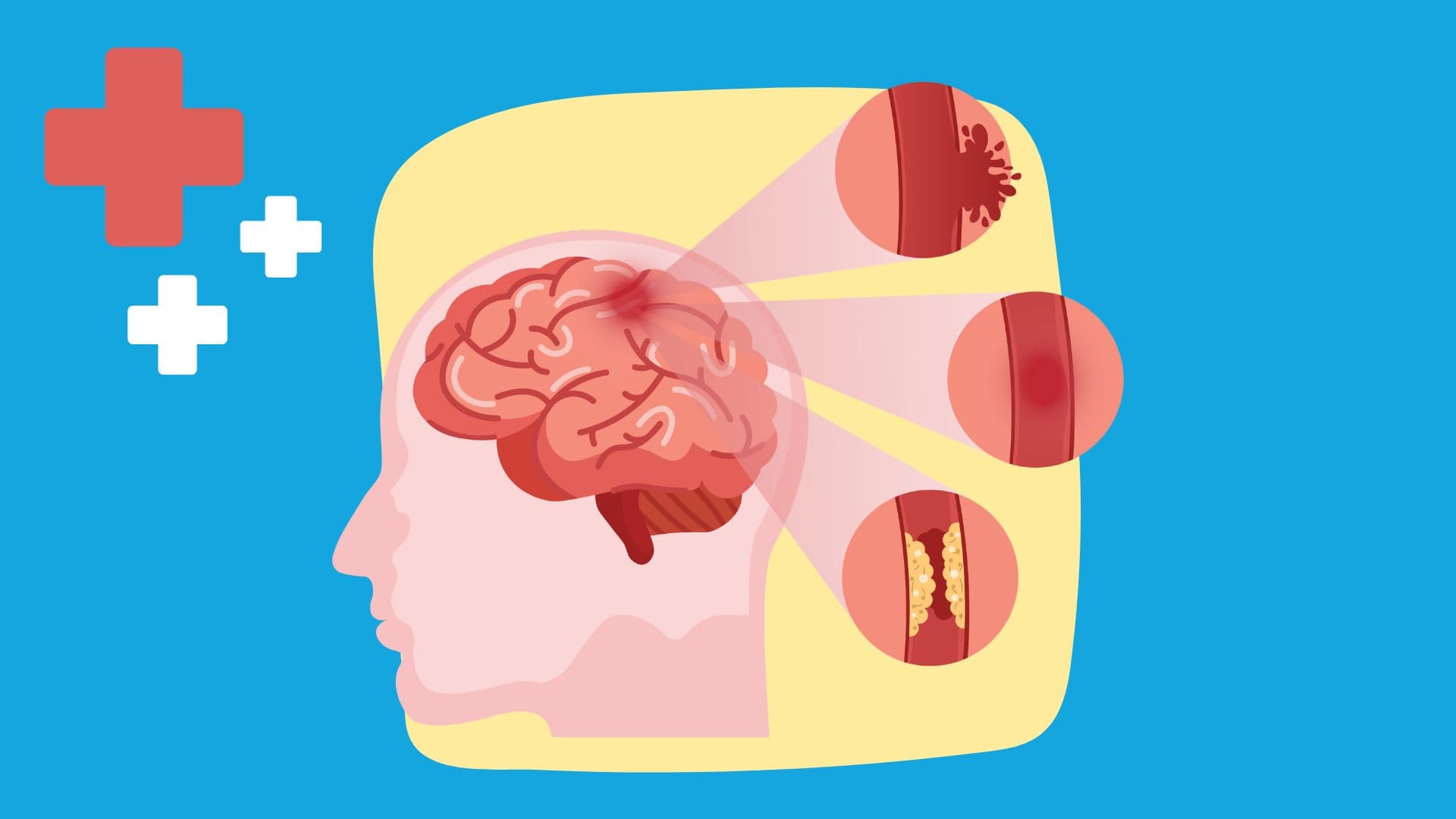
A high yield USMLE Step 1 topic is strokes. The majority of strokes are ischemic; that is, they are caused by an obstruction in a blood vessel supplying blood to part of the brain. In this video, Sujata explains the most common symptoms of stroke and how to use diagnostic techniques to best localize the level of lesion in strokes.

Step-by-step, detailed guide on how to register for the USMLE Step 1, 2, and 3.

This post has everything USMLE – steps, the pass rates, the fees, what to expect, and how long to study.

A straightforward, easy to read guide that explains what a good USMLE score is and breaks it down by program.

How to study for any major exam and ace your test.